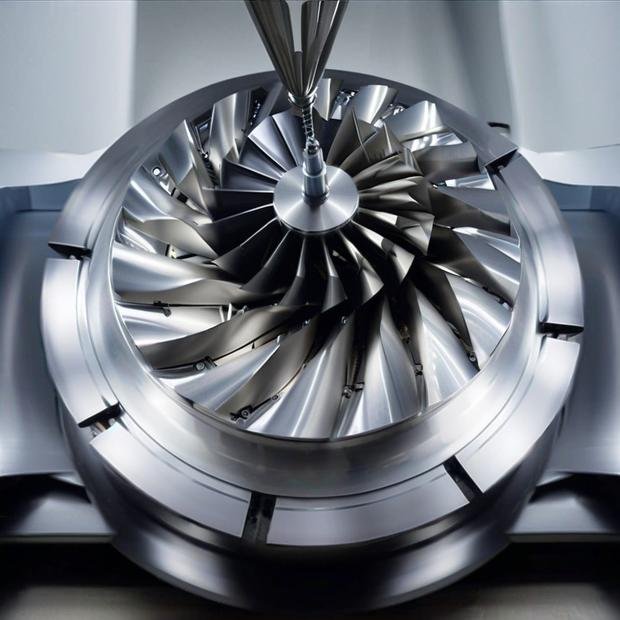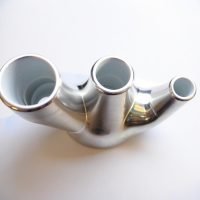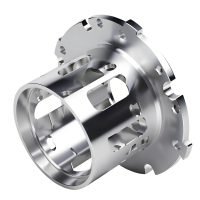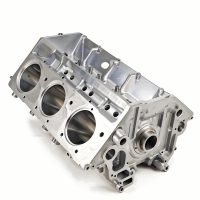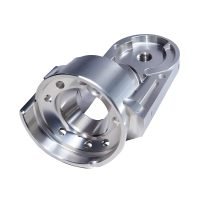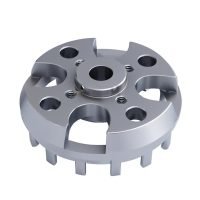Auto parts CNC machining FAQ
The cost of CNC machining for automotive components can vary significantly. Pricing is influenced by several key factors, including the complexity of the part’s design and the type of material selected. The quantity of the production run is also a major consideration; larger volumes typically result in a lower cost per unit.
For instance, intricate parts requiring multi-axis machining will be more expensive than simpler components. Similarly, the choice between standard aluminum and a high-strength specialty alloy will impact the final price. For precise quotes, especially for projects involving custom aluminum CNC machining, it is always best to submit a detailed design file.
The ideal material for an automotive part depends entirely on its specific application and performance requirements. Aluminum alloys, such as 6061 and 7075, are incredibly popular due to their excellent strength-to-weight ratio, corrosion resistance, and affordability. This makes them perfect for a wide range of components.
When higher strength and wear resistance are needed, stainless steel or titanium are superior choices, though they come at a higher cost. For prototyping or non-critical parts, plastics like ABS and PEEK are often used. A knowledgeable aluminum CNC machining service can provide expert guidance on material selection for your specific needs.
Lead times for custom CNC-machined auto parts are determined by the part’s complexity and the shop’s current capacity. A simple part might be completed in a few days, while a highly complex component could take several weeks. The chosen material and any required finishing processes also add to the overall timeline.
Many machine shops offer expedited services for urgent needs, which can significantly shorten the production schedule. Discussing your project timeline upfront, particularly for services like precision aluminum CNC machining, is crucial for ensuring your parts are delivered when you need them.
Modern CNC machines are capable of achieving extremely tight tolerances, which is critical for the precise fit and function of automotive parts. Standard tolerances are typically within ±0.005 inches (±0.127 mm). However, for high-precision applications, much tighter tolerances can be held, often as close as ±0.001 inches (±0.025 mm).
The achievable tolerance depends on the machine’s quality, the material being cut, and the complexity of the part. Achieving the tightest tolerances, especially with high-speed aluminum CNC machining, may increase the cost. It is important to specify the critical tolerances in your design files to ensure the final product meets your exact requirements. For those seeking small batch aluminum CNC machining, clearly defining these parameters is key to a successful outcome.

